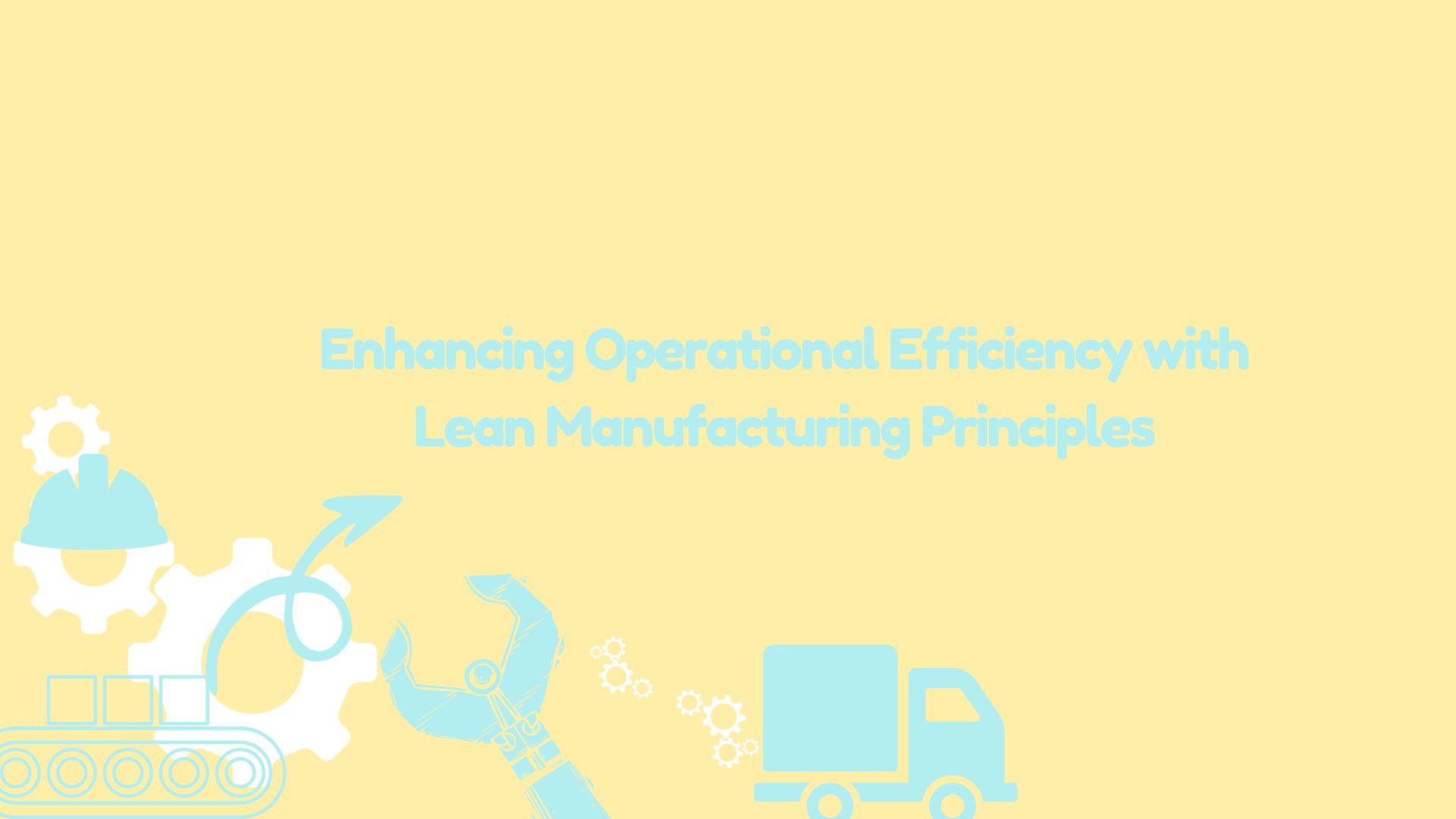Lean manufacturing is a systematic approach to minimizing waste and maximizing value in production processes. By implementing lean principles, manufacturers can enhance operational efficiency, reduce costs, and improve overall productivity.
Benefits of Lean Manufacturing
- Waste Reduction: Identifying and eliminating waste in production processes reduces costs and improves efficiency.
- Increased Productivity: Streamlining workflows and optimizing resource utilization leads to higher productivity.
- Enhanced Quality: Continuous improvement and problem-solving methodologies result in better product quality.
- Flexibility: Lean practices enable manufacturers to quickly adapt to changes in demand and market conditions.
- Employee Engagement: Lean encourages a culture of continuous improvement and empowers employees to contribute to process enhancements.
Key Lean Manufacturing Principles
- Value Stream Mapping: Analyzing the flow of materials and information to identify and eliminate waste.
- Just-In-Time (JIT): Producing only what is needed, when it is needed, reducing inventory costs and lead times.
- 5S System: Organizing the workplace for efficiency and effectiveness by sorting, setting in order, shining, standardizing, and sustaining.
- Kaizen: Implementing continuous improvement through small, incremental changes driven by employee suggestions.
- Total Productive Maintenance (TPM): Ensuring that equipment is well-maintained and operational, reducing downtime and increasing efficiency.
Case Studies
- Toyota: Toyota’s implementation of lean manufacturing principles, known as the Toyota Production System (TPS), has set the standard for operational excellence and efficiency.
- Nike: Nike uses lean principles to streamline its supply chain, reduce waste, and improve product quality and delivery times.
- John Deere: John Deere employs lean manufacturing to enhance its production processes, reduce costs, and improve product quality and customer satisfaction.









